Chordata
Chordata is a phylum of animals that includes vertebrates and a few closely related invertebrates. This phylum is defined by the presence of a notochord, a hollow nerve cord, and pharyngeal slits at some stage in the animal's development.
Characteristics of Chordates:
- Notochord: A flexible rod that provides support and structure for the body.
- Nerve cord: A tubular structure that develops into the spinal cord and brain in vertebrates.
- Pharyngeal slits: Openings in the pharynx that may function in filter-feeding, gas exchange, or communication in different species.
- Post-anal tail: A tail that extends beyond the anus, present in the embryonic stage of development in many chordates.
Classification of Chordates:
Chordates are classified into three subphyla:
- Urochordata (Tunicates): Marine invertebrates with a saclike body and a notochord in the larval stage.
- Cephalochordata (Lancelets): Small, fish-like marine animals with a notochord throughout their life cycle.
- Vertebrata (Vertebrates): Animals with a vertebral column, including fishes, amphibians, reptiles, birds, and mammals.
Importance of Chordates:
Chordates play a crucial role in ecosystems as they occupy diverse habitats and have a wide range of feeding strategies. They also hold significant scientific and economic importance, as many chordates are used for food, research, and companionship.
Study Tips:
- Understand the key characteristics of chordates and how they differ from other animal phyla.
- Learn the major groups within the Chordata phylum and their distinguishing features.
- Explore the ecological and evolutionary significance of chordates.
- Use diagrams and visual aids to reinforce your understanding of chordate anatomy and diversity.
[Chordata] Related Worksheets and Study Guides:
.◂Science Worksheets and Study Guides Eighth Grade. The Endocrine system and Reproduction
Study Guide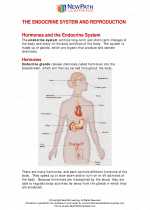 The endocrine system and Reproduction
The endocrine system and Reproduction  Worksheet/Answer key
Worksheet/Answer key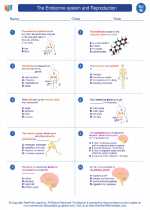 The endocrine system and Reproduction
The endocrine system and Reproduction  Worksheet/Answer key
Worksheet/Answer key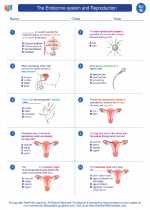 The endocrine system and Reproduction
The endocrine system and Reproduction  Worksheet/Answer key
Worksheet/Answer key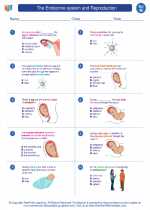 The endocrine system and Reproduction
The endocrine system and Reproduction  Vocabulary/Answer key
Vocabulary/Answer key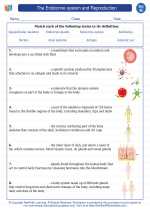 The endocrine system and Reproduction
The endocrine system and Reproduction  Vocabulary/Answer key
Vocabulary/Answer key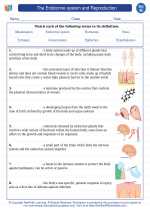 The endocrine system and Reproduction
The endocrine system and Reproduction  Vocabulary/Answer key
Vocabulary/Answer key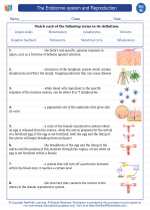 The endocrine system and Reproduction
The endocrine system and Reproduction  Vocabulary/Answer key
Vocabulary/Answer key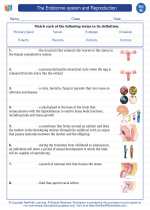 The endocrine system and Reproduction
The endocrine system and Reproduction  Vocabulary/Answer key
Vocabulary/Answer key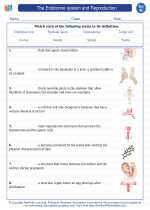 The endocrine system and Reproduction
The endocrine system and Reproduction 

 Worksheet/Answer key
Worksheet/Answer key
 Worksheet/Answer key
Worksheet/Answer key
 Worksheet/Answer key
Worksheet/Answer key
 Vocabulary/Answer key
Vocabulary/Answer key
 Vocabulary/Answer key
Vocabulary/Answer key
 Vocabulary/Answer key
Vocabulary/Answer key
 Vocabulary/Answer key
Vocabulary/Answer key
 Vocabulary/Answer key
Vocabulary/Answer key
